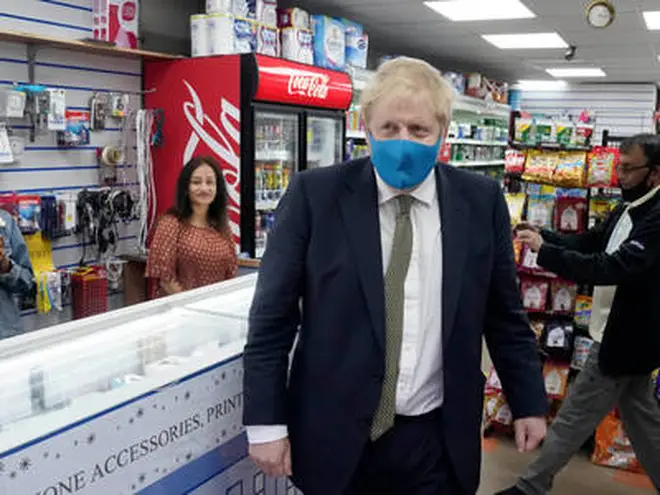
Shelagh Fogarty 1pm - 4pm
11 July 2020, 12:33

Margaret Harris from the WHO accepts wearing face masks are a big culture change
A spokesperson for the World Health Organisation accepted that the UK will have to undergo a massive change in culture for people to wear face masks universally.
Dr. Margaret Harris is a spokesperson for the WHO and she was speaking to to Matt Frei amid the conversation on whether the wearing of face masks will become compulsory in England.
Matt argued that "there has been mixed messaging in this country" on the subject of face masks, referencing that although it is mandatory to wear a covering indoors in Scotland, it is not the case in England and Wales. He asked Dr Harris "what's the WHO advice on face coverings."
"It is a form of courtesy" said the WHO spokesperson, adding that they have been found to in fact reduce the spread of the virus and countries that have adopted face coverings have been more successful in stopping the spread.
She told Matt that "if everyone is wearing a face covering, you reduce the amount of virus that will be spread." When the topic of making it compulsory came up, Dr Harris stated that "ideally if it comes from people and they want to do it that is the best way" but she accepted that in the west "it's a big culture change" to have a mass push for face masks.

Matt pointed out that when the safety of seat belts was discovered, making it mandatory was not a massive societal disruption. Dr Harris accepted this point, saying "sometimes you have to, but this of course is a different situation because people are seeing it at temporary." Although people may think that face masks are a temporary solution, she warned that coronavirus could be around longer.
Addressing how countries such as the US and Brazil have contributed to coronavirus cases doubling globally in a matter of weeks, Matt asked what the WHO spokesperson thought of the news.
Dr Harris encouraged Matt to look on the other side of the coin. "We have seen many countries stop that rise and flatten the curve" through their intensive measures such as social distancing and face coverings.
"It's a great feeling to have brought the numbers down and to have gone through the lockdown and this is really the moment to make the most of those achievements, and use the opportunity to learn to live safely and keep the numbers coming down." She concluded.
Listen & subscribe: Global Player | Apple Podcasts | Google Podcasts | Spotify